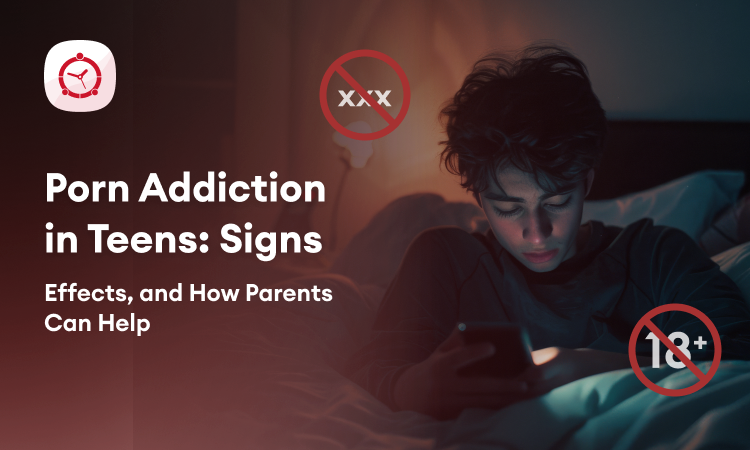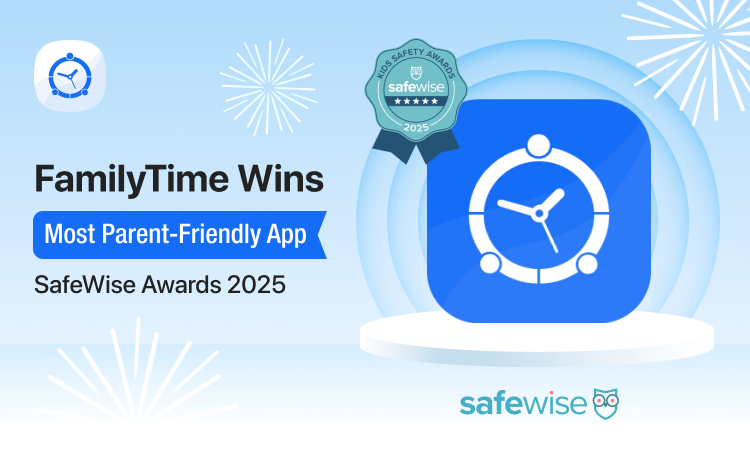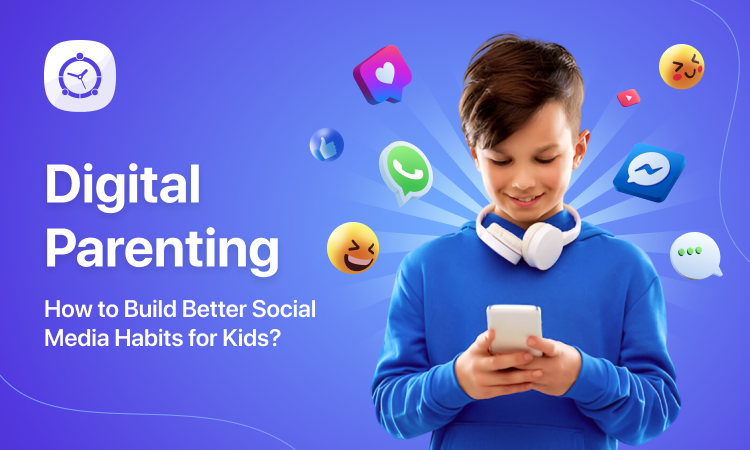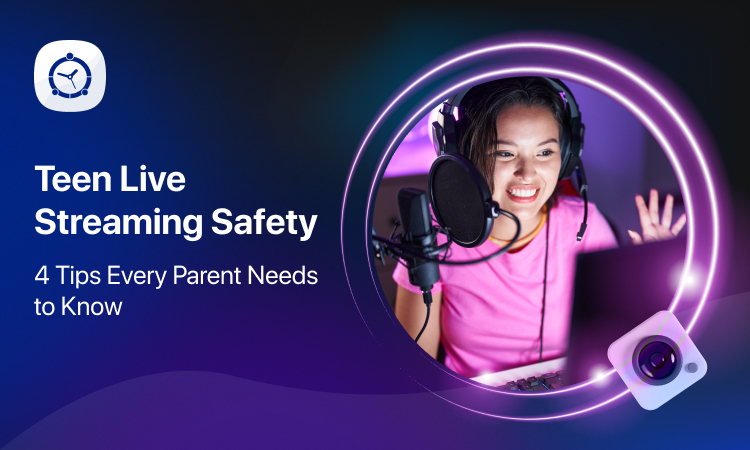Teens who spend more time updating their status, posting pictures, chatting and surfing online, are more likely to experience low self-esteem. Being a parent or guardian we all must know how teens’ leisurely time on the Internet is turning them into people who’re uncertain about themselves. The competition to have more followers, more comments and likes could harm their self-image and cause low confidence. Social media usage and self-esteem are directly linked, but you could keep it healthy for them and give your best to stop the abuse.
Reading that their friend just got a new boyfriend is super-happy with him, their peers posting pictures of their latest Play Station or a customised gaming PC gifted by their dads or simply their buddies having great time without telling them could make your teen plunge into disappointment, low self-esteem and even depression. While everyone always pretends to be happy online, teens often tend to overlook that not everyone is a drop-dead achiever and we all tend to make blunders and feel lonely or sad.
Increased exposure- more pressure
Teens are spending a huge number of hours on social media on daily basis. The more they stay logged into their social networking sites and apps, the more they are likely to face low self-esteem issues and depression. Let me make it simple for you to understand with this Infographic:

Source: Common Sense Media.
According to this Infographic, the extensive social media usage can harm the self-esteem of both boys and girls. The most drastic impact is the harm to their body-image. The unrealistic and sexualized images and toned, skinny bodies are the reasons why social media has such a strong impact on teens. 87% female TV characters aged 10 to 17 have below average weight which might be very influential for the tens. Social media is developing stereotypes about the gender, body and looks. 41% of the girls said that they use social media to look cooler. This is how social media is imposing pressure on the teens to look good and avoid negative feedback and criticism.
Did you know that:
- 87% female TV characters aged 10 to 17, have below-average weight which might be very influential for the teens?
- Social media is developing stereotypes about the gender, body and looks. 41% of the girls said that they use social media to look cooler.
This is how social media is imposing pressure on the teens to look good and avoid negative feedback and criticism.
What should you do?
Being a parent, you could give your best in preventing such abuse of social media but the question is how? So let’s have a look at different options you could use to avert misuse.
Challenge stereotypes
You could question their assumption about appearances, gender and body. It’s important to know what your teens are thinking about their self-image and appearance to make the wise choices earlier. The stereotypes developed by social media could leave very negative impact so staying conscious of how your teens perceive themselves is really important.
Internet monitoring
You could use some help from the smart parental control apps because they can allow you to monitor all their Internet activities and you could put some restrictions, too. They can assist you to fight against teens’ Internet obsession.
Reduce screen times
It’s another handy option; if you reduce their screen times, their likelihood to be a victim of poor self-esteem can be reduced. You can get help from these smart apps; putting screen locks any time from your own phone. This would allow you to lock their phones any time you don’t want them to use their smartphones.
Uplift the teen’s self-esteem; smartly!
growing up boys and girls both could have issues with their body image and the extensive social media is directly linked to it. Higher the social media exposures, higher the chances that your teens will be vulnerable to low self-esteem and self-doubt. So tuck your sleeves and get started with protecting your teens online and helping to make them confident!









